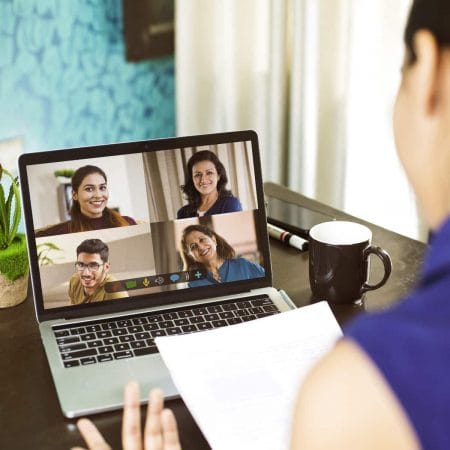i. A Bachelor’s Degree (Level 6, MQF) with a minimum CGPA of 2.50 or its equivalent as accepted by UNITAR Senate; OR
ii. A Bachelor’s degree (Level 6, MQF) or equivalnet with a minimum CGPA of 2.00 and not meeting a CGPA of 2.50, can be accepted subject to minimum of five (5) years working experience in education
Candidates without a qualification in the related fields or working experience in the relevant fields must undergo appropriate prerequisite courses determined by the HEP and meet the minimum CGPA based on (i) to (ii).
ENGLISH REQUIREMENT
International Students
1. Minimum score of 5.0 for IELTS OR
2. Minimum score of 40 for TOEFL iBT OR its equivalent.




